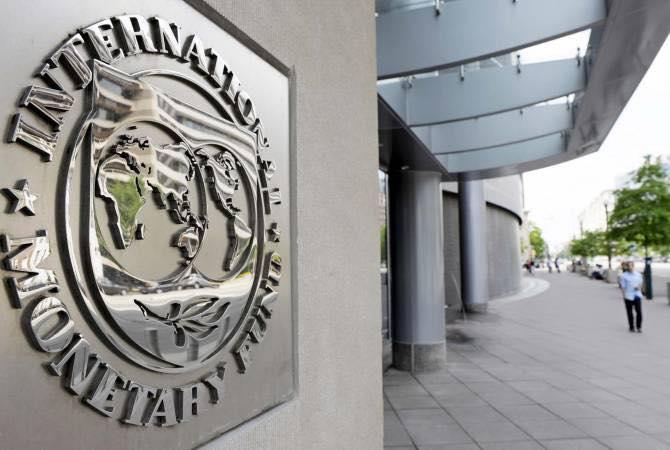As a result of the IMF mission held from September 13 to 25, 2023, and subsequent discussions, a working agreement was reached between the Republic of Armenia and the International Monetary Fund on the second review of the current three-year Reserve Program, by which additional 24.3 million US dollars (18.4 million SDR) financial resources, bringing the total availability to 72.9 million US dollars (55.2 million SDR).
The basis of the review was the significant progress made by the Armenian side in the direction of maintaining macroeconomic stability, strengthening the economy's resilience, continuous implementation of structural reforms, revenue mobilization, state investment management and improving the business environment.
MF partners highlighted the high rate of economic growth of Armenia during the first half of 2023 (10.5%). According to the IMF forecast, in 2023 the GDP growth of Armenia will be 7%, and in 2024 the economic growth will slow down, stabilizing at the level of 5%. According to IMF representatives, the state debt is manageable and stable. They also referred to the efforts of the Armenian side aimed at curbing inflation, which yielded results due to proactive monetary policy, as well as the appreciation of the exchange rate and the drop in the prices of food products and transportation.
The IMF praised the RA government's quick response to the needs of the more than 100,000 forcibly displaced people of Nagorno-Karabakh who moved to Armenia, providing monetary support, temporary housing, as well as financial assistance to cover housing and utility costs. Referring to 2024 the draft of the state budget, it was noted that it properly includes the support of the mentioned persons, while ensuring macroeconomic stability. The IMF expects that the planned deficit of the state budget will allow for the implementation of priority social and capital expenditures, and the continuous efforts to improve revenue mobilization will allow for the formation of the necessary resources. In addition, the planned fiscal policy will prevent the economy from overheating and keep the debt at a stable and manageable level.







